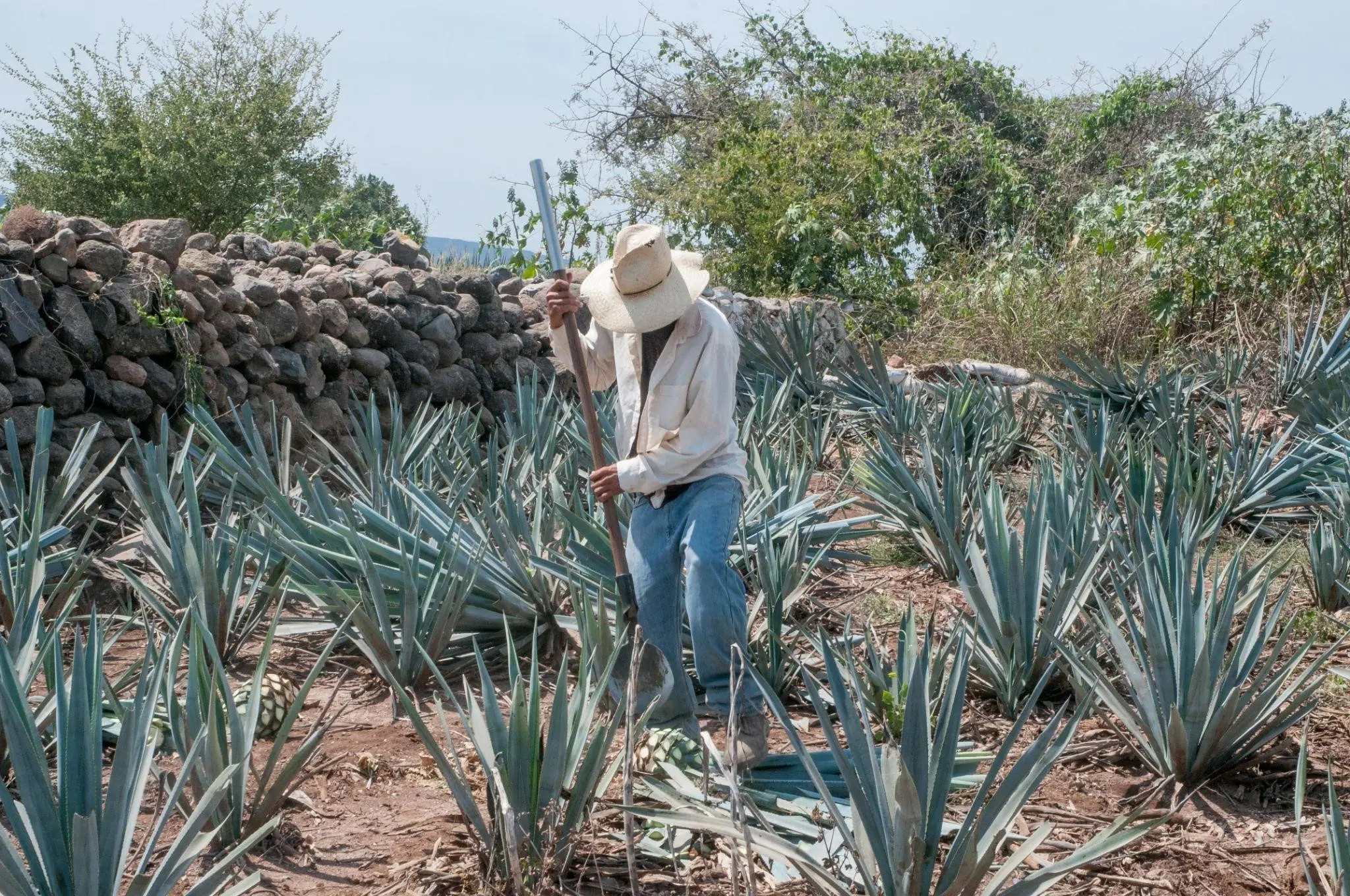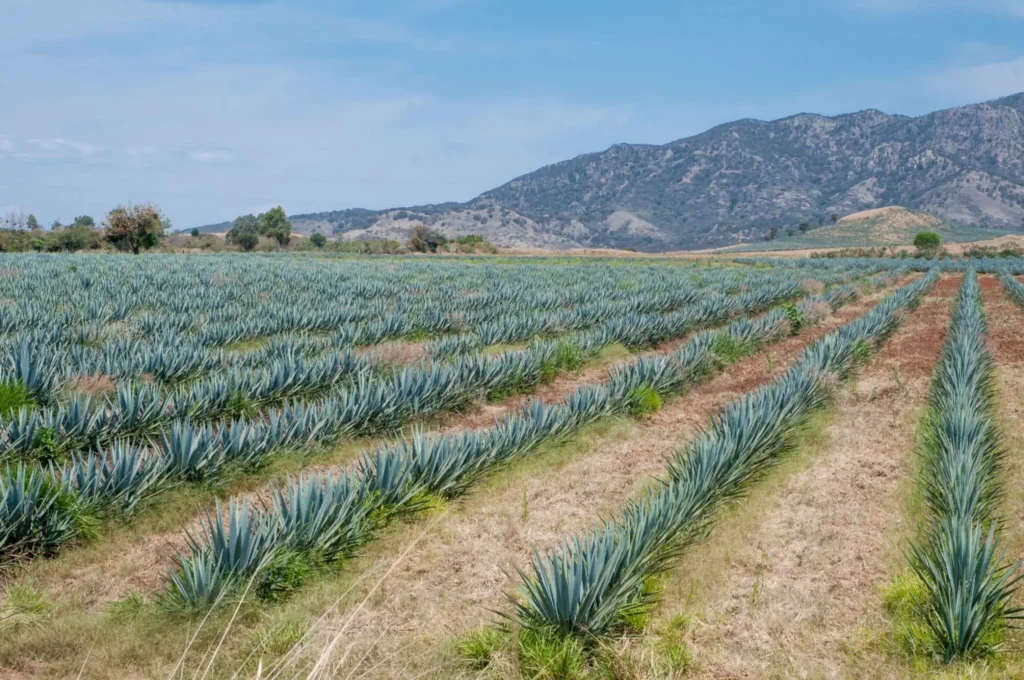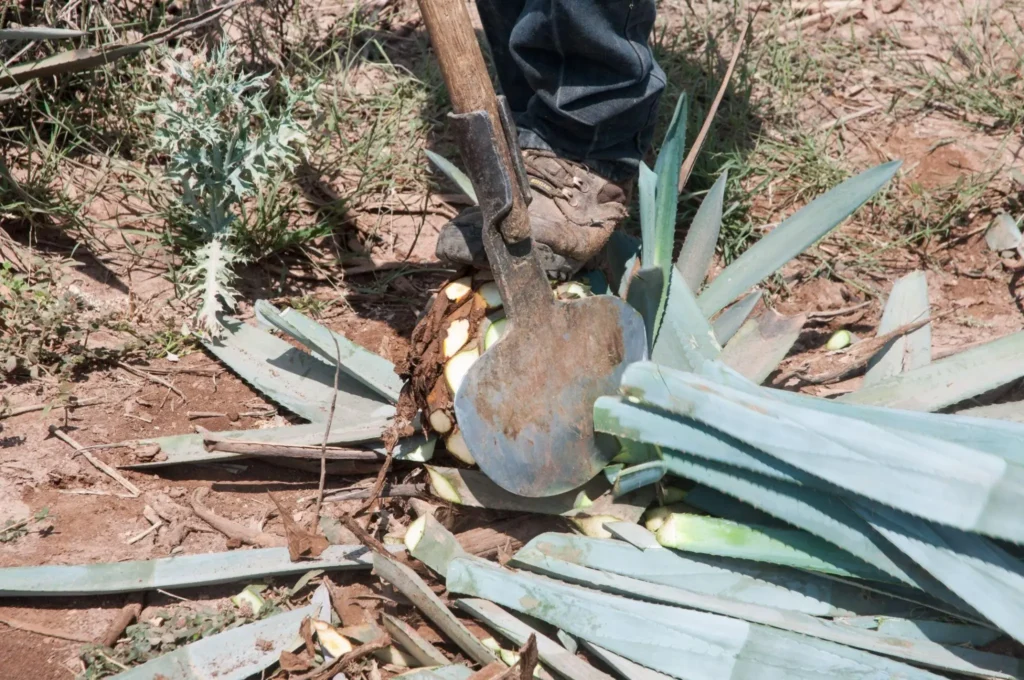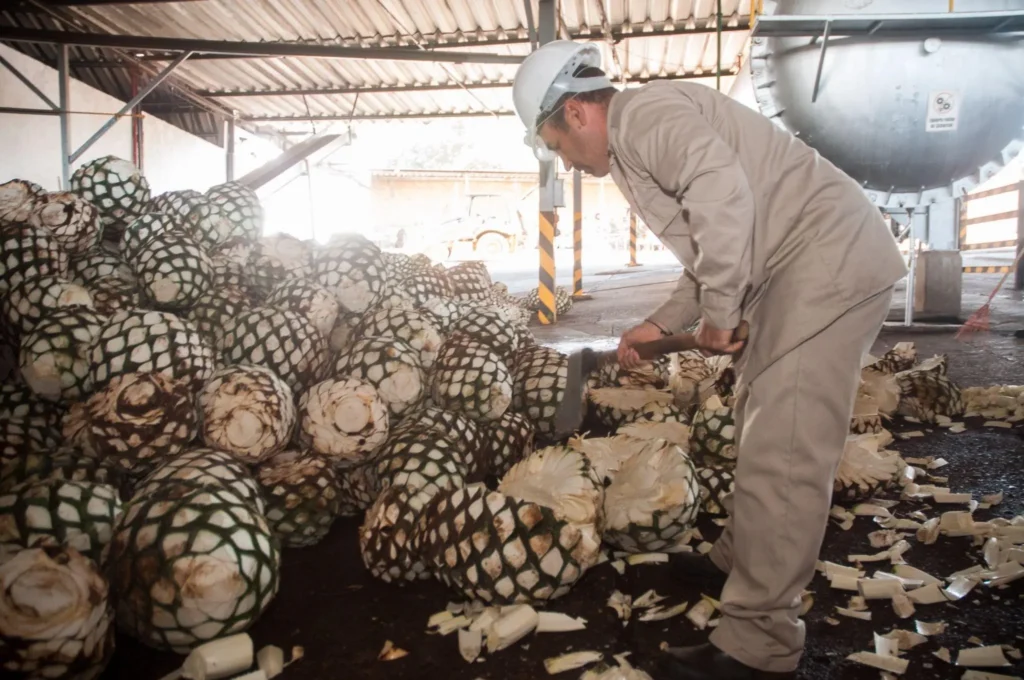
Tequila, the iconic elixir that soothes heartbreaks and fuels festive celebrations alike, is being honored this July 24 on International Tequila Day. The Mexican government is using the occasion to call for recognition of the drink’s rich history, cultural and economic importance, and the need for responsible production.
Described by the Ministry of Agriculture and Rural Development (SADER) as “Mexico’s quintessential beverage,” tequila is more than a spirit—it’s a living legacy of the Mexican countryside, cultivated and cared for by thousands of producers, primarily in the state of Jalisco.

The SADER recalled that tequila was the first product in Mexico to receive a Denomination of Origin. While the first official Mexican tequila standard (NOM 006) was created in 1949, the Denomination of Origin Tequila (DOT) was not officially declared until 1974, defining the protected territory where tequila can be produced.
This designated area includes 181 municipalities across five states: 125 in Jalisco, eight in Nayarit, 30 in Michoacán, 11 in Tamaulipas, and seven in Guanajuato.
“Tequila production exceeds 2.1 million tons of blue agave annually,” the SADER reported, citing data from the 2018–2024 Agri-Food Outlook. Jalisco leads the way, contributing nearly 1.2 million tons—over half the nation’s total production. Key tequila-producing municipalities include Arandas, Tequila, Jesús María, San Gabriel, and Zacoalco de Torres.

Tequila is made from blue agave, a perennial cactus well-suited to arid zones. The heart of the plant, known as the piña, contains a sweet, viscous juice rich in fructose.
The process of making tequila involves several steps: cultivating agave (which matures over six to eight years), harvesting (jima), cooking, crushing, fermenting, distilling, and, in some cases, aging.
Tradition with Responsibility
The Ministry also stressed the importance of preserving this tradition while protecting the environment. “We reaffirm our commitment to strategies that reduce deforestation and protect the workers who are part of this production chain,” it stated in a press release.

By promoting sustainable and responsible farming practices, the government aims to ensure that the blue agave value chain remains an economic driver without harming ecosystems.
The message concluded with a friendly reminder: “Now that you know more about this unique spirit, remember that what is most important is to enjoy it responsibly, because ‘there’s no sorrow that lasts a hundred years, nor a body that can endure two bottles of tequila.’”
Beyond being a national symbol, tequila continues to grow as one of Mexico’s most internationally recognized products, thanks to its distinctive flavor and deep cultural roots.
Related: Chile en Nogada Season Begins in Puebla, Mexico, with an Expected 1.5 Million Visitors